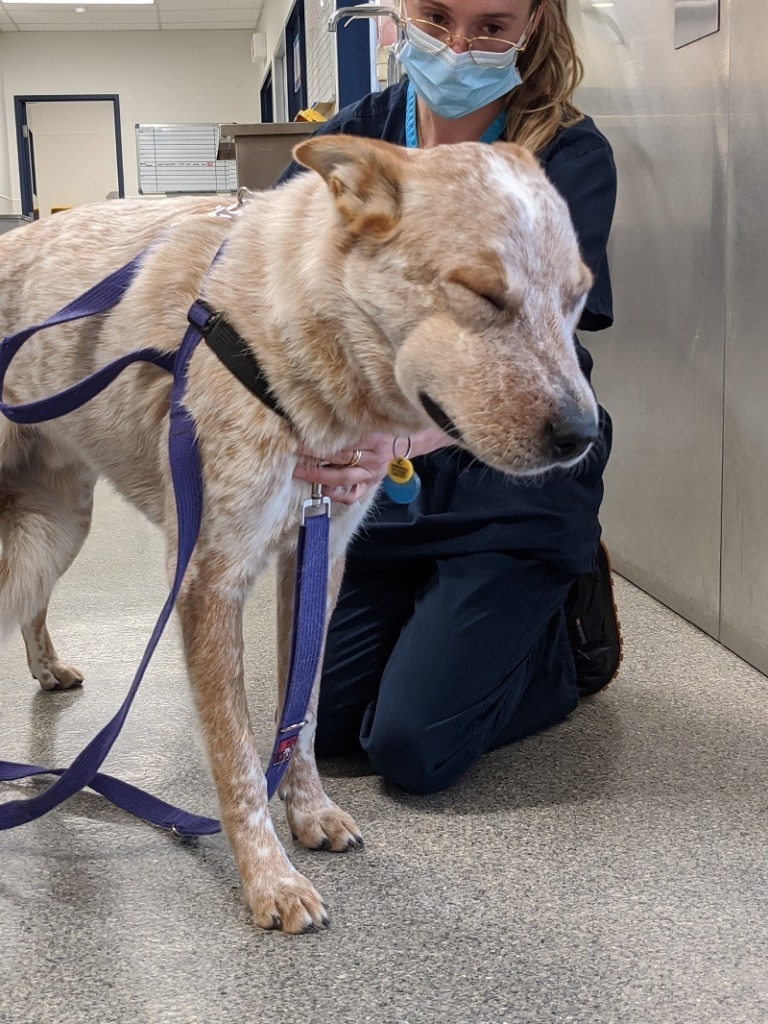
Written by Suzana Talevski
The warmer months are a great time for outdoor adventures with your pet and making memories in the great outdoors are priceless moments to treasure for ever. Many people would be aware of the dangers snakes pose to curious canines but there is a smaller creature that has the potential to do almost as much harm to your beloved pet; bees.
Vets are calling for extra vigilance through the warmer months as presentations for bee stings climb.
Presentations for bee stings at Frank Samways Veterinary Clinic were on the rise with three or four daily which included a mix of dog and cats.
Vet, Dr Ashe Mooney: ‘’Since animals are usually trying to bite the bees they tend to be mostly stung on the face where sudden swelling is not very common. It could be mistaken for just general allergies or an acute injury,” said Dr Mooney.
“Like humans, animals can react with different degrees of severity and so should be treated accordingly. We need to make sure the stinger has been removed and give an appropriate dose of animal antihistamines. We don’t recommend owners treating with human antihistamines. Bee stings can range from a mild irritation like itching to anaphylaxis causing the face and airway to swell.”
Symptoms can range from sudden itching and irritation at a specific area or extreme swelling. Dr Mooney said a vet trip is necessary to monitor their reaction. “While uncommon, bee stings can be fatal if the animal's airway closes due to severe anaphylactic shock,” she said.
“Owners could be more aware of what plants attract bees to their garden and either supervise play time or move the plants to another area of the garden. Animal insect repellent may also help.”
When 1-year-old heeler cross Chip recently had a run with a bee, his owner Richard weren’t prepared to take the risk and leave him at home to recover without medical assistance.
“Because of the season there’s a few flowers around the place attracting bees of course, and Chip loves chasing flies and moths and anything that flies so he was trying to catch the bees as they were flying around the flowers and unfortunately one stung him,” said Richard.
“He caught it and it stung underneath his top left lip. Initially, we didn’t see any reaction or anything, then probably five or 10 minutes afterwards he started rolling around on the ground, rubbing his face on the ground and that’s when we realised something had happened and then his face just started getting bigger and bigger.”

Richard said Chip’s face swelled like a balloon. “He had a couple of injections at the vet and after that they just said to monitor him and if he started showing signs of illness or throwing up or passing out, then to bring him back straight away. But he didn’t so that was good,’’ he said.

“If they get stung around the head or face, definitely take them to the vet. You don’t know what their reaction will be and if it will get worse, or it might be near their throat somewhere and they can’t breathe.”



